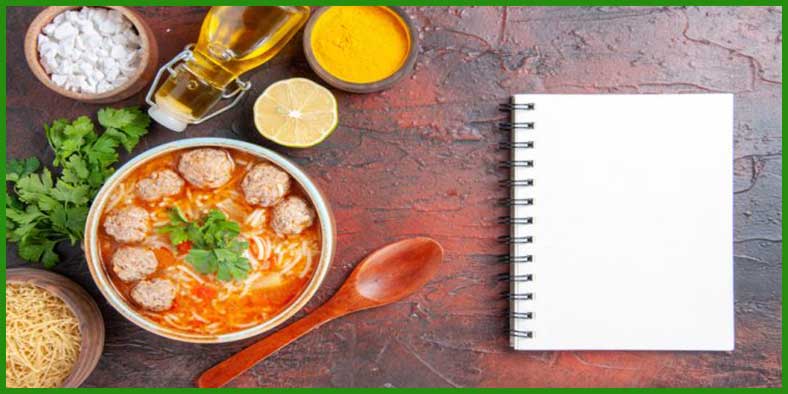Our bodies endure significant changes throughout Ramadan as they adjust to long periods of fasting and disrupt our everyday habits. We consume two meals every day and fast for roughly 12 hours between them. Returning to three to four daily meals after Ramadan can be difficult in many ways. If you’re thinking about starting a healthy lifestyle, here are some healthy eating suggestions and guidelines.
1.Breakfast is number one.
Returning to a normal breakfast routine appears to be a difficult undertaking, as your body will require time to acclimatise to the shift. To ease yourself in, try something light and nourishing like smoothies, milkshakes, cereals, and so on. Take note of your alternatives, but don’t forget to have your first meal of the day.
A healthy breakfast consists of a balance of carbohydrates and proteins that provide long-lasting energy, stimulate metabolism, and help you burn calories throughout the day. Missing it, on the other hand, leads to increased snack eating and hungry sensations.
2. Maintaining hydration
Fasting causes a number of major changes in the body, including hormonal changes, that assist us in adjusting to our new schedule. These modifications assist our bodies in coping with decreased water intake and electrolyte imbalances. As a result, it’s critical to re-establish electrolyte balance after Ramadan by gradually increasing your fluid consumption.
To hydrate your body, drink plenty of lemon juice, sugar-free fruit juices, and water. Staying hydrated can also be accomplished by eating water-rich fruits and vegetables.
3. Meal Routine
After a month of eating two meals a day, returning to the routine of eating numerous meals a day can be taxing on our digestive systems, which is why it’s necessary to gradually increase our food intake to allow our bodies to adjust to the new eating pattern. This keeps us energised throughout the day while preventing digestive difficulties like bloating, stomach aches, acidity, and indigestion.
4. Food Options
It’s time to reboot and reassess our eating habits now that Ramadan is over. A balanced and healthy diet that includes high-quality proteins, fruits, leafy green vegetables, low-fat dairy products, complex carbs, and healthy fats is recommended. Sugary drinks, high-fat foods, and processed or packaged foods all slow the metabolism, causing indigestion and heartburn.
5. Engage in Physical Activity
It’s critical to start and maintain a healthy exercise routine in addition to re-establishing your dietary habit. Many people refrain from exercising during Ramadan for a variety of reasons, but it is critical to resume a regular exercise routine in order to maintain a healthy lifestyle.
Individuals who have been inactive should gradually increase the volume and intensity of their exercise. Experts advocate getting at least 30 minutes of physical activity a few times a week, which is a long-term strategy for making exercise a part of your healthy lifestyle.

